February 1, 2024
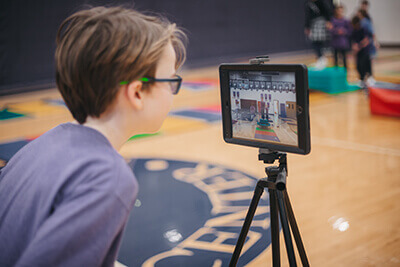 from Dr. Bill Hudson, head of school
from Dr. Bill Hudson, head of school
Mounds Park Academy has a long history of thoughtful strategic planning. Through the years, trustees, parents, faculty, staff, and students have come together to chart a path forward to guide the ongoing growth and development of the school in order to meet the evolving and emerging needs of our students. We are now in the third year of our current strategic plan, 2024ward, with the process to create our next plan beginning in the fall. I want to highlight a few accomplishments and share some emerging plans.
PRIORITY ONE: Empower Students to Live, Learn, and Thrive in an Increasingly Complex and Globalized Society.
- A committee of faculty and staff created a Portrait of a Graduate. The portrait is a representative statement and visual heuristic that conveys our commitment to teaching and learning at MPA.
Standards for equity and inclusion, social-emotional learning, innovation, technology, and digital wellness were created by faculty and staff. Together with content-specific standards, they will guide a comprehensive curriculum review next year. - The Portrait of a Graduate and the newly developed standards guide the creation of a competency framework devised to articulate and make actionable the transferable skills embedded in the Portrait of a Graduate and prepare students for the world ahead.
- In the past year, we have been researching international organizations that reflect our mission, vision, and values in hopes of establishing a partnership with an international school. Such a partnership is designed to foster cross-cultural competence and global citizenship. There have been some exciting developments that I hope to share with you very soon.
PRIORITY TWO: Ensure An Equitable and Inclusive Community.
- A 16-member Equity and Belonging Committee composed of faculty and staff was convened in the fall of 2022 and has created shared diversity, equity, inclusion, and belonging (DEIB) language for the MPA community. In addition, the committee developed DEIB-related curriculum standards that are reflected in the school’s Portrait of a Graduate and the emerging competency framework.
- Together with the Equity and Belonging Committee, the director and assistant director of equity and belonging developed an extensive DEIB resource guide for all MPA employees that was deployed in September 2023.
- For the second year in a row, MPA student representatives participated in the Student Diversity Leadership Conference, and faculty and staff representatives attended the People of Color Conference, both sponsored by the National Association of Independent Schools. And, MPA is a founding sponsor, together with SPA, of a new and local Twin Cities Student Diversity Leadership Conference to be held on February 16.
PRIORITY THREE: Affirm and Inspire our Exceptional and Dedicated Faculty and Staff through Competitive Compensation. Read More
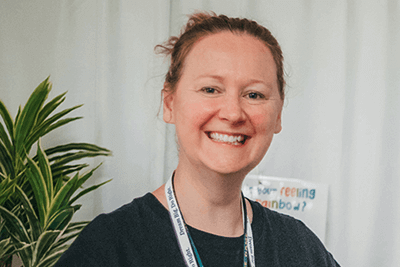 Dear MPA Alumni,
Dear MPA Alumni,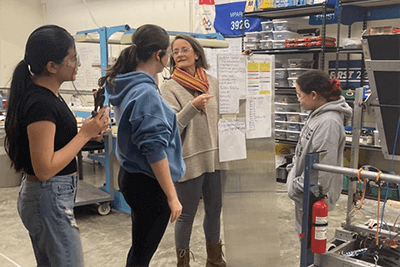 It’s been 35 years since I graduated from Mounds Park Academy. Had you asked me then, I would never in a million years have predicted my eventual return as both a parent of a senior and, equally incredibly, as a mentor for the school’s FIRST® robotics competition (FRC) Team 3926, the MPArors.
It’s been 35 years since I graduated from Mounds Park Academy. Had you asked me then, I would never in a million years have predicted my eventual return as both a parent of a senior and, equally incredibly, as a mentor for the school’s FIRST® robotics competition (FRC) Team 3926, the MPArors.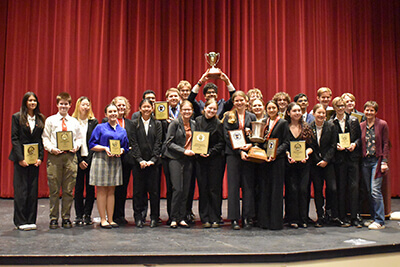 Congratulations to the MPA Debate Team on a history-making performance at the Classic State Debate Festival. Forty-six students represented the school, and for the first time in its history, Mounds Park Academy won the team sweepstakes award. This award is based on the top two performances across each of the three divisions of competition—novice, junior varsity, and varsity. This win is a testament to the countless hours of research, thinking, and practice these students contributed throughout the season.
Congratulations to the MPA Debate Team on a history-making performance at the Classic State Debate Festival. Forty-six students represented the school, and for the first time in its history, Mounds Park Academy won the team sweepstakes award. This award is based on the top two performances across each of the three divisions of competition—novice, junior varsity, and varsity. This win is a testament to the countless hours of research, thinking, and practice these students contributed throughout the season.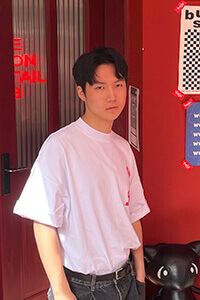 What are you currently doing professionally and personally?
What are you currently doing professionally and personally?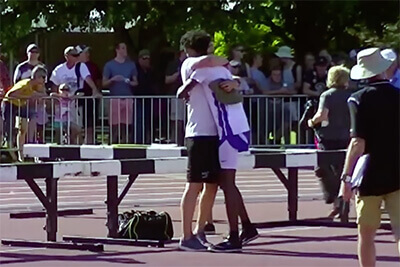 This message is from MPA’s Office of Admission from the November 27, 2023 issue of InsideMPA.
This message is from MPA’s Office of Admission from the November 27, 2023 issue of InsideMPA.  Dear MPA Alumni,
Dear MPA Alumni,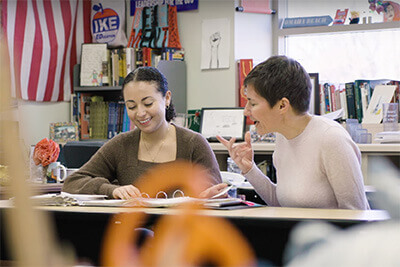 This message is from MPA’s Office of Admission from the October 28, 2023 issue of InsideMPA.
This message is from MPA’s Office of Admission from the October 28, 2023 issue of InsideMPA.  Ben Ullery ‘00
Ben Ullery ‘00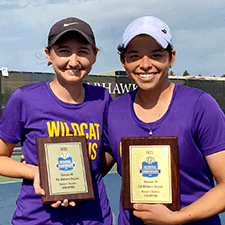 Sofia Walker ‘19
Sofia Walker ‘19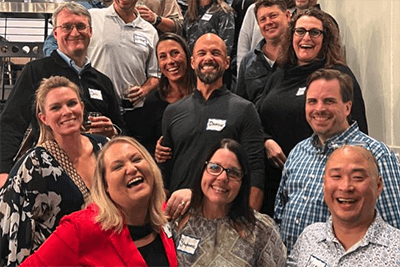 Earlier this year, one of my classmates from MPA’s class of 1993 texted me asking if I had heard if anything was happening for our 30-year reunion. I said no, but I’d contact the alumni team at MPA to see. When I did that, Ashley Goetzke, assistant director of development, got back to me and said, “No, but congratulations, you’re the reunion chair for your class’s reunion!” So, I texted my buddy and said, “Congratulations! You’re the reunion chair for our reunion.” It’s not that we didn’t want to do it. Well, that’s not true. We weren’t relishing the idea per se, but we quickly realized that the benefit (reconnecting with our classmates) outweighed the drawbacks (herding cats and doing so from afar as neither of us live in Minnesota). We decided the challenge was worth pursuing and forged ahead.
Earlier this year, one of my classmates from MPA’s class of 1993 texted me asking if I had heard if anything was happening for our 30-year reunion. I said no, but I’d contact the alumni team at MPA to see. When I did that, Ashley Goetzke, assistant director of development, got back to me and said, “No, but congratulations, you’re the reunion chair for your class’s reunion!” So, I texted my buddy and said, “Congratulations! You’re the reunion chair for our reunion.” It’s not that we didn’t want to do it. Well, that’s not true. We weren’t relishing the idea per se, but we quickly realized that the benefit (reconnecting with our classmates) outweighed the drawbacks (herding cats and doing so from afar as neither of us live in Minnesota). We decided the challenge was worth pursuing and forged ahead.